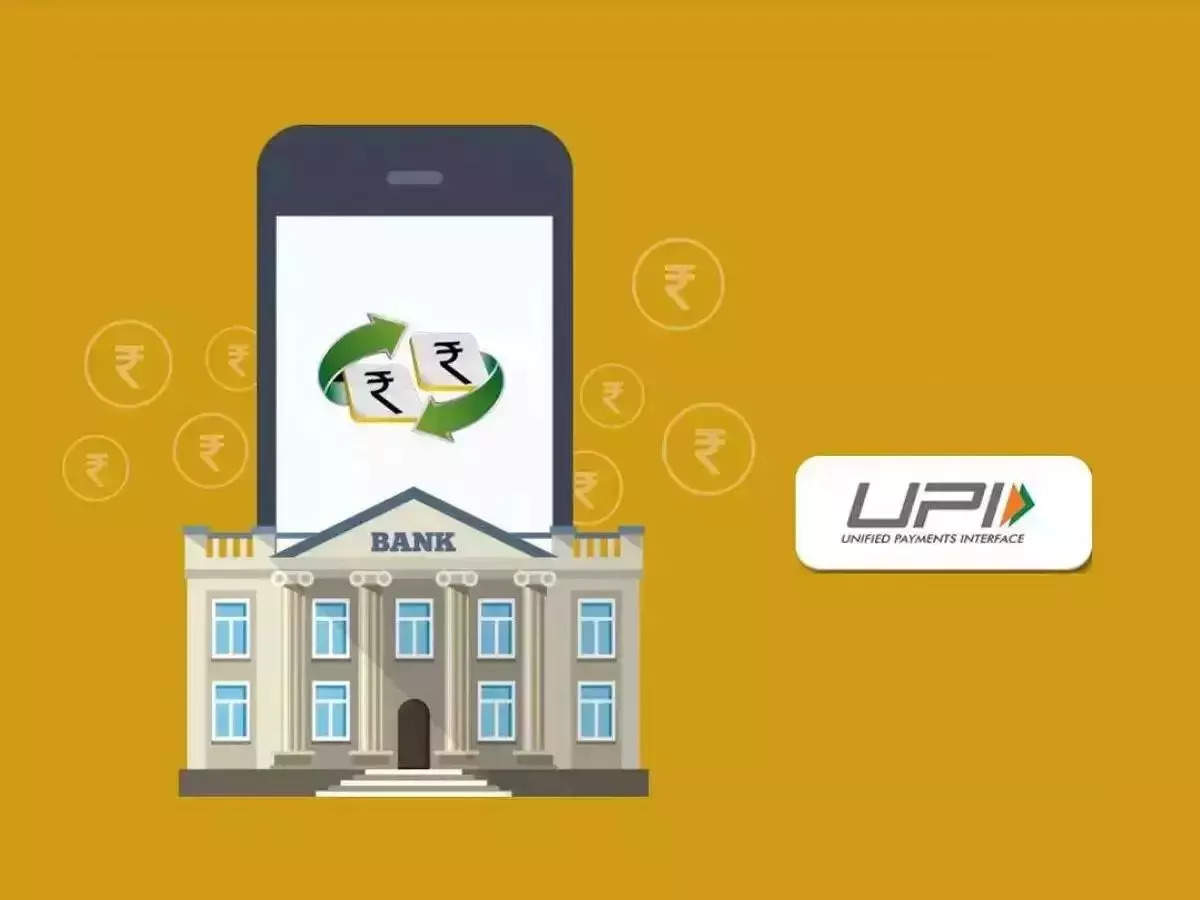UPI Safety: How To Secure Your Transactions Against Fraud In India

The rise of the Unified Payments Interface ( UPI ) has made digital payments incredibly convenient in India. However, as UPI usage grows, so does the risk of UPI fraud. In this article, we’ll discuss the essentials of protecting yourself from UPI fraud, common scams to watch out for, and proactive measures to secure your account.
Understanding UPI and Its Risks
Understanding UPI and Its Risks
Unified Payments Interface (UPI), a payment system introduced in 2016, allows users to conduct instant transactions anytime without needing physical cash or bank visits. However, this convenience has also attracted a surge in fraud cases, as scammers exploit the platform’s popularity.
Five Steps to Keep Your UPI Transactions Secure
1. Never Share Your UPI PIN or OTP
Five Steps to Keep Your UPI Transactions Secure
1. Never Share Your UPI PIN or OTP
Sharing your UPI PIN or one-time password (OTP) compromises your account security. Banks and government bodies will never ask for your PIN or OTP; anyone requesting it is likely a fraudster.
2. Avoid Granting Device Access
Fraudsters often request remote access to a victim’s device under the guise of KYC or troubleshooting help. Such access can give scammers complete control over your UPI account. Keep your phone and computer access private to prevent unauthorised transactions.
3. Steer Clear of Suspicious Links
Fraudsters frequently send links that lead to fake websites designed to steal your information. Any message promising rewards or quick cash is a red flag. Stick to verified UPI apps and avoid clicking unknown links.
4. Change Your UPI PIN Regularly
Regularly updating your UPI PIN strengthens your security. Setting a reminder to update your PIN every quarter can provide extra protection against fraud.
5. Be Cautious with Payment Requests
Fraudsters often send fake payment requests or QR codes to trick people. Reject any unexpected payment requests from unknown contacts. Note that to receive money, you don’t need to enter your UPI PIN; if prompted, it’s likely a scam.
Key Do’s and Don’ts to Avoid UPI Fraud
Do’s
- Set Transaction Limits: Setting a daily limit on UPI payments reduces the potential impact if fraud occurs.
- Avoid Unknown Links: Ignore messages with suspicious links or unverified email attachments.
- Decline Payments Requiring Your UPI PIN: Any request for your PIN should be a red flag.
UPI fraud is a growing threat as digital transactions increase. By following these safety measures and staying alert, you can enjoy the convenience of UPI while safeguarding your funds.
Next Story